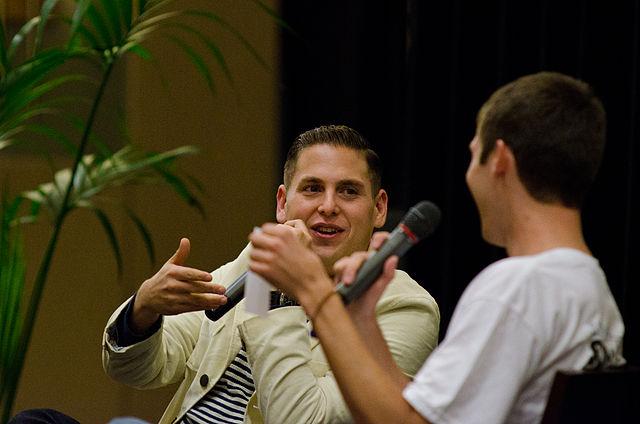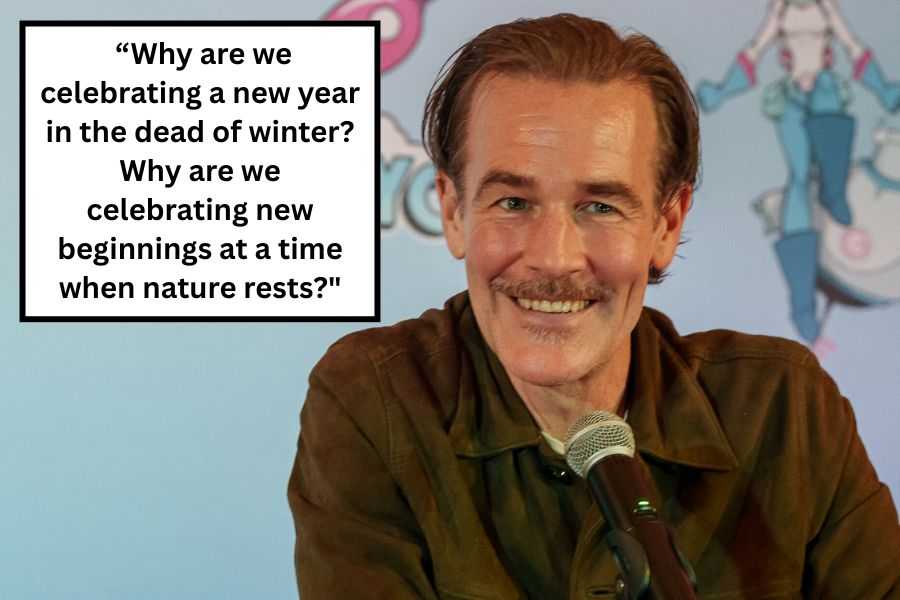It’s difficult to have a lot of sympathy for celebrities who have a hard time living in the spotlight. It’s generally accepted as the price one has to pay for all of the benefits that come with being famous. Most people would probably trade having negative things said about them in the press for the power, access, opportunities and money that come with living in the public eye.
However, there’s something to be said for creating art without having to risk your mental health. Or, simply performing your job without suffering from an anxiety attack.
Actor-director Jonah Hill wrote an open letter, first published by Deadline, announcing he will no longer do press appearances because they create too much anxiety. The announcement comes as he prepares for the release of his new documentary, “Stutz,” about his relationship with his therapist.

He’s also recently completed a film called “You People” for Netflix that stars Eddie Murphy, Julia Louis-Dreyfus and Lauren London.
“I have finished directing my second film, a documentary about me and my therapist which explores mental health in general called ‘Stutz.’ The whole purpose of making this film is to give therapy and the tools I’ve learned in therapy to a wide audience for private use through an entertaining film,” Hill wrote.
“Through this journey of self-discovery within the film, I have come to the understanding that I have spent nearly 20 years experiencing anxiety attacks, which are exacerbated by media appearances and public facing events,” he continued.
“I am so grateful that the film will make its world premiere at a prestigious film festival this fall, and I can’t wait to share it with audiences around the world in the hope that it will help those struggling,” Hill wrote. “However, you won’t see me out there promoting this film, or any of my upcoming films, while I take this important step to protect myself. If I made myself sicker by going out there and promoting it, I wouldn’t be acting true to myself or to the film.”
To put it simply, Hill has learned a lot about himself through therapy and wants to put those valuable lessons into action. There’s absolutely nothing wrong with that. Press tours are notoriously grueling and force people to travel across the world to do sit-down after sit-down with a gaggle of reporters.
Further, for most healthy people, it can be terribly uncomfortable to talk about yourself all day.

In the letter, Hill also acknowledged that he is in a unique position to make this request and he’s grateful for the ability to choose how he works.
“I usually cringe at letters or statements like this but I understand that I am of the privileged few who can afford to take time off,” he wrote.
Hill’s latest film is an attempt to show the benefits of therapy and help people deal with their mental health struggles in a constructive way. By taking himself out of the public eye for his mental well-being, Hill is being the change he wants to see in the world.
























